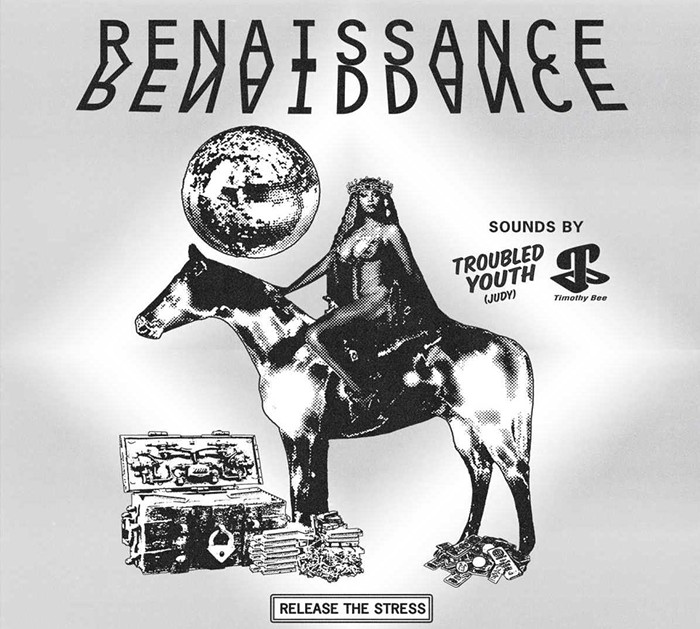I prefer to consider the Melvins not as a band per se, but as more of an organism competing in the filthy sludge of primordial rock making. Taking our cues from biological evolution, we know that when certain organisms have a good design—like a shark—they change very little over time. Sure, you'll get permutations like the hammerhead and, of course, some standard size differentiation, but a really good design stays much the same over the millennia, doing the things it does better than anything else nature can throw at it.
So it is with the Melvins. King Buzzo, Dale Crover, and an impressive array of bass-wielding monsters have relentlessly remained true to their mission while weathering two and a half decades of the indie music continuum. They came before grunge—maybe even accidentally invented it—and are squarely present in its welcome absence. Melvins apply low-throttled thunder to high-minded concepts (the "solo" albums, The Trilogy), and when confronted by the impending talent of Big Business, the Melvins simply assimilated them.
To celebrate their 25th year in power, the Melvins are climbing into a time machine and bringing past incarnations of themselves to the stage, an idea boosted from the All Tomorrow's Parties music festival. The first set will be "Melvins in 1983," the original lineup performing early material—à la the largely hardcore Mangled Demos from 1983—with Crover giving up the throne and sitting in for original bassist/Mudhoney founder Matt Lukin.
I saw the Melvins perform as the Dead Kennedys (the Jellvins) with Jello Biafra a couple of years back and there is something liberating about watching them play an entire set at such a pace—it justifies the inevitable quantum torpor. Departing the age of Mr. T, Melvins will then perform 1993's Houdini in its entirety. Touted as their most cohesive (accessible?) album, Houdini marked the band's flirtation with the majors and erased all doubts that their reign would endure all known extremities of intrapersonal psychological turmoil and the perceived limits of audience attention span. The proof, as they say, is in the pudding—and in this case, what an impossibly thick and tasty pudding it is.



















